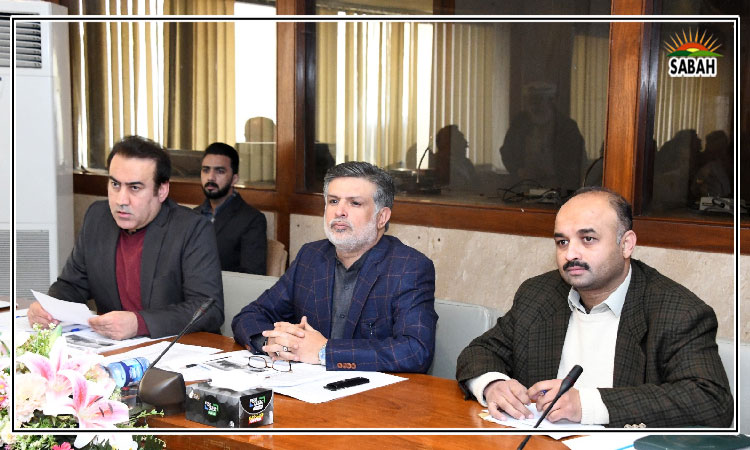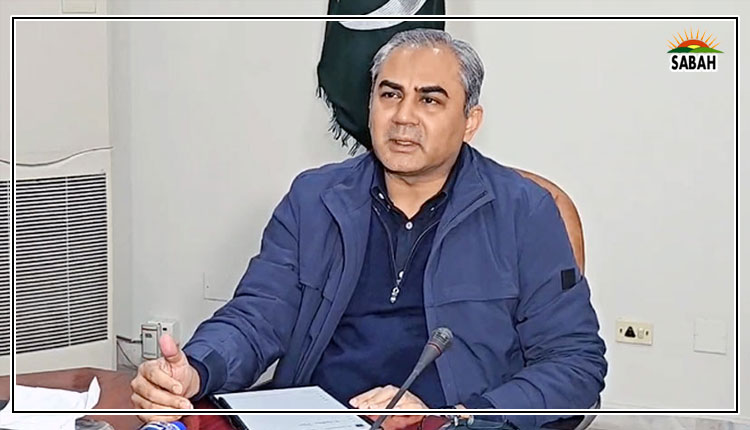The missing link…Neda Mulji
PASSING the parcel was a favourite game among kids at birthday parties in the bygone days. These days, passing the buck seems to be a running trend among those who like to shy away from accountability. One school owner I met seemed to have a litany of complaints against the teachers employed at her school: excessive absences, lack of classroom management skills and an unprofessional attitude were cited as reasons that land a school into ill-repute.
Meanwhile, teachers point fingers at the school managements inability to provide the necessary resources, training and development, reward and recognition. Whilst these may indeed affect the teachers motivation, they are not the drivers of performance or the lack thereof. Those who are experts in their subject and professionally astute dont usually rely on external factors to motivate them.
There might be a missing link in this equation a gap between how the teachers perform and the school managements perception of them. When this gap grows, it becomes a gaping wound, leading to teacher absences, high turnover, lower student retention rates, mediocre academic results and complaints by parents all resulting in disgruntled school leaders which, in turn, clouds the entire school culture.
Communication and collaboration may help address this missing link between teachers and management. Often, teachers have little agency in contributing to the transformation processes at school. From timetabling and scheduling of classes to the choice of books for their subjects, most decision-making rests with those at the top. When parents complain, teachers get only a filtered version of it. When the teachers underperform, the management cannot necessarily put their finger on the reason for it, and the blame game continues.
Part of the transformational growth at schools requires an inquiry mindset where the management collaborates with teachers and seeks their insight on growth, obstacles and opportunities. Most teachers would welcome more open and frequent communication, as would parents, who desperately want answers regarding their childrens experiences at school.
Planning and implementing processes, such as rosters for substitution, assessment schedules and parent-teacher conferences, in advance can help teachers manage their workload more efficiently. Often, teachers are overloaded with unplanned substitution duty for absent teachers, or tend to find out at the eleventh hour that a working Saturday is coming up due to parent-teacher meetings. Planning events much in advance establishes expectations and minimises nasty surprises that can dampen motivation.
Social interaction amongst the teachers also has a huge bearing on teacher motivation and well-being. Yet, in most schools, the aim is to minimise social interaction or reserve it for end-of-term school dinners. Work relationships among colleagues evolve continually, and it would help to provide regular opportunities for teachers to engage with each other during frequent breaks, collaborate on lesson plans and teaching strategies and plan their modules together.
In most schools, only the heads conduct supervision rounds, although it could be very useful for junior teachers to shadow the more experienced ones and give constructive feedback as well as learn from seniors. There can be massive professional growth in watching and learning across the board. Besides, the supervision isnt always followed up with feedback, so teachers may not be explicitly aware of the aspects of their teaching that need improvement. Similarly, many school or subject heads ask for weekly or monthly lesson plans but do not address the disparity between the plan and what is actually being taught in class. Reflection sheets that can steer teachers towards pinpointing what they do well and where they need support are greatly beneficial for continuous learning.
School management may want to leverage available technology for digital reminders, discussion boards and tracking content taught in class by having teachers enter records each week. Sustainable systems in place can streamline much of the work being done, besides providing opportunities for collaborative work online vis–vis shared lesson plans.
Most teachers want to be inspired, as opposed to being managed, and inspiration can lead to dramatic positive change. When the work is shared across the board, the management would be less fearful of lack of productivity and teachers would get a chance to showcase their work and receive timely feedback. The ultimate beneficiaries students and parents walk away with greater satisfaction.
Courtesy Dawn












